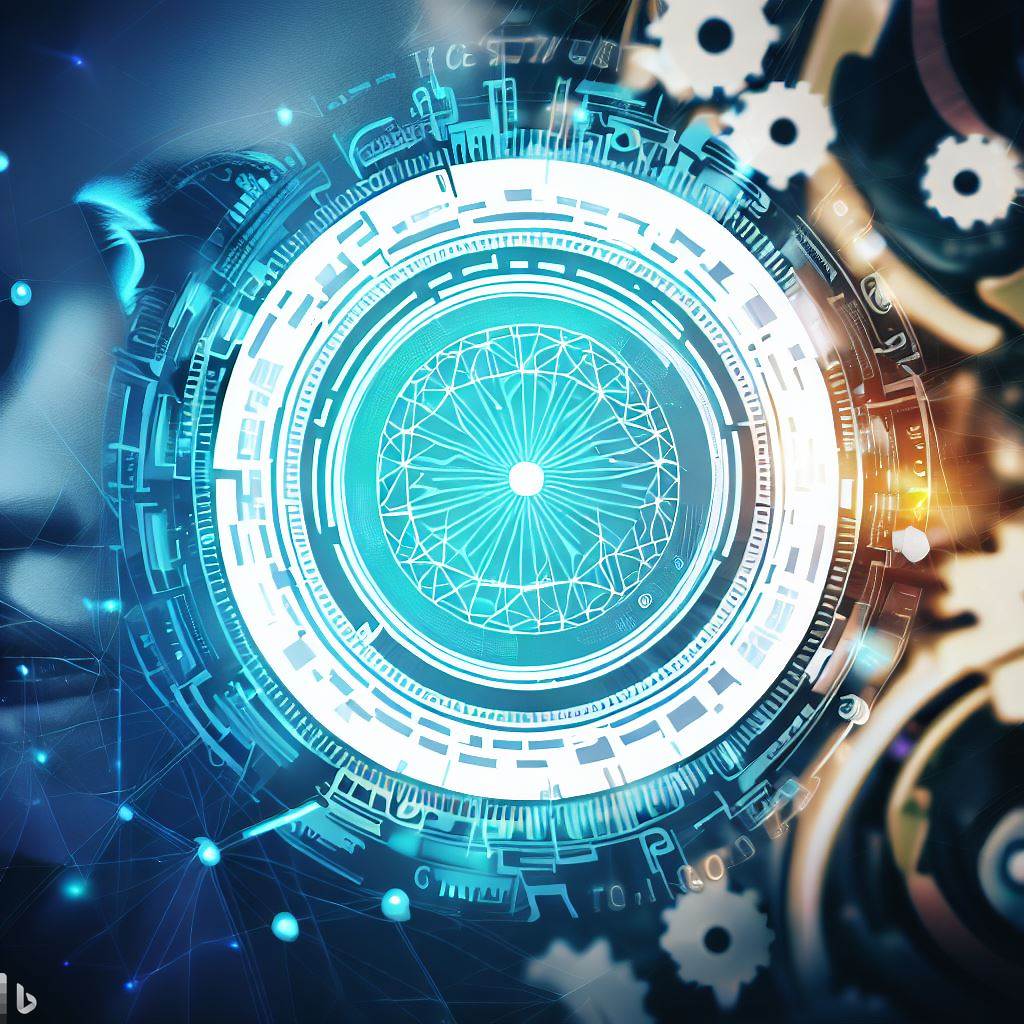The integration of Artificial Intelligence (AI) and Machine Learning (ML) into various sectors and operations is a transformative trend. These technologies are reshaping industries, enhancing efficiency, and enabling novel solutions to complex problems. Here’s a breakdown of how AI and ML integration can impact different sectors and their functionalities:
1. Business Operations:
- Automated Decision Making: AI can assist businesses in making informed decisions by analyzing vast amounts of data quickly.
- Supply Chain and Inventory Management: AI can predict stock requirements, optimize supply chain routes, and reduce operational costs.
2. Healthcare:
- Disease Identification and Prognosis: ML models can analyze medical images for signs of diseases.
- Drug Discovery: AI can predict how different chemicals can affect human health, speeding up the drug discovery process.
3. E-commerce:
- Personalized Recommendations: ML algorithms analyze user behavior to offer tailored product recommendations.
- Customer Support: AI-powered chatbots provide 24/7 assistance, answering frequent queries and directing more complex ones to human operators.
4. Finance:
- Fraud Detection: AI can detect unusual patterns and activities, flagging potentially fraudulent transactions.
- Algorithmic Trading: ML models can predict stock market movements and execute trades at superhuman speeds.
5. Manufacturing:
- Quality Control: AI can identify defects in products using visual recognition technologies.
- Predictive Maintenance: AI can predict when machinery is likely to fail, thereby scheduling maintenance and preventing unplanned downtime.
6. Transportation and Logistics:
- Route Optimization: ML algorithms can predict traffic patterns and determine the fastest route.
- Autonomous Vehicles: AI systems can drive cars, trucks, and drones, understanding their surroundings and making decisions in real-time.
7. Agriculture:
- Crop Monitoring: AI can analyze data from satellites and drones to monitor crop health and optimize yield.
- Precision Farming: ML can analyze soil data to optimize planting strategies and irrigation.
8. Entertainment:
- Content Recommendations: Streaming platforms like Netflix use ML to recommend shows and movies to users based on their viewing habits.
- Game Design: AI can adapt a game’s difficulty based on the player’s skill level.
9. Energy:
- Grid Management: AI can optimize the distribution of energy in smart grids, reducing waste.
- Predictive Maintenance: AI can predict when parts of a power plant are likely to fail.
10. Retail:
- Inventory Management: AI can forecast which items will be in demand, optimizing stock levels.
- Customer Insights: ML can analyze purchasing habits, helping stores tailor their offers.
Benefits of Integrating AI and ML:
- Efficiency and Productivity: Automation of routine tasks leads to faster operations and reduced human errors.
- Cost Reduction: Automated processes can reduce the need for manual intervention, leading to cost savings.
- New Opportunities: AI can find patterns in data that humans might overlook, leading to novel insights and business opportunities.
Challenges:
- Data Privacy Concerns: As AI requires data to function, there are concerns about user data privacy and security.
- Job Displacements: Automation and AI can displace certain job categories.
- High Initial Costs: Implementing AI solutions requires a significant initial investment in technology and expertise.
In conclusion, the integration of AI and ML is revolutionizing the way industries operate, offering efficiency, cost savings, and novel solutions. However, businesses must also be aware of the challenges and address them effectively to harness the full potential of these technologies.

